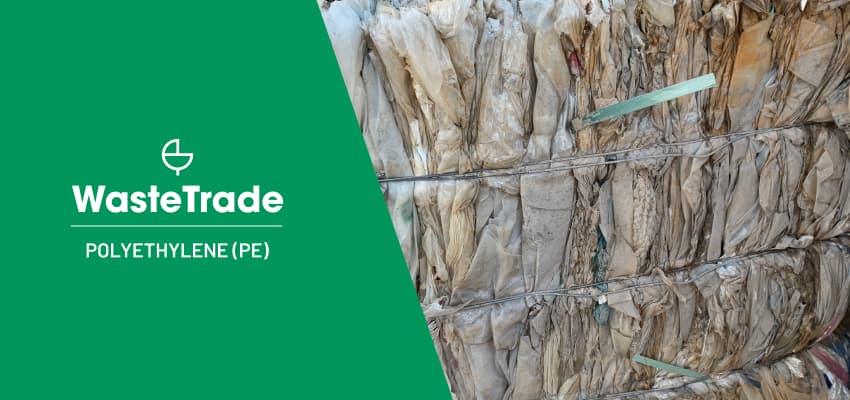Innovative PET Recycling Techniques Offered by WasteTrade: What You Need to Know
Innovative PET Recycling Techniques Offered by WasteTrade: What You Need to Know
Blog Article
The world is facing a plastic waste crisis, with hundreds of millions of pounds of trash end up in landfills and oceans every year. One of the most commonly utilized materials are PET (polyethylene terephthalate) that is utilized to create water bottles, food packaging as well as other items that we use every day. But, WasteTrade has recognized the importance recycle PET and is taking steps to ensure it is an integral part the waste disposal procedure. In this blog post we will explore the reasons why PET Recycling in WasteTrade is vital to fighting the problem of plastic waste.

The production and consumption of single-use plastics are on the rise in recent years, which has led to an exponential rise in the pollution caused by plastic. According to a report by National Geographic, only 9 percent of the plastic made has been recycled. This alarming figure highlights the necessity of implementing effective recycling strategies for all kinds of plastics. This includes PET.
PET is one kind of plastic that can be easily reused into new products without losing its quality or properties. WasteTrade recognizes this potential and has developed a comprehensive PET recycling program in its waste management solutions. By separating and processing used PET products through various sorts of methods like shredding and washing, WasteTrade ensures that these products are not disposed of in landfills or oceans.
But why is this important? Firstly, by diverting these materials from landfills or oceans by utilizing proper recycling methods such as those provided by WasteTrade and WasteTrade, we can cut down on the amount of pollution that we cause to our environment. Plastics take hundreds or even hundreds of thousands of years decompose naturally; therefore they continue to harm our environment even after being disposed of in a way that is not properly.
Furthermore, when plastics end in our oceans or other natural habitats instead of being properly recycled in facilities such as WasteTrade's plant-based facility, they pose serious threats to marine life and the health of humans. Marine animals often take plastic waste as food, which can lead to ingestion and entanglement, which could be fatal. Additionally, plastics break down into microplastics over time which can enter in the food chain, and can have adverse effects on human health.

Additionally, WasteTrade's PET recycling program aids in reducing the demand for virgin plastic. By recycling used PET products into new ones, WasteTrade is contributing to the circular economy, where resources are reused instead of being recycled after a single use. This means that there is less need for extracting raw materials and process that consume energy to produce new plastics.
The conclusion: WasteTrade's PET recycling program is not just beneficial to the environment but also provides economic benefits. Through diverting these materials away from the oceans or wastelands and turning them into useful materials through recycling, WasteTrade is creating job opportunities and encouraging sustainable practices in communities.
Report this page